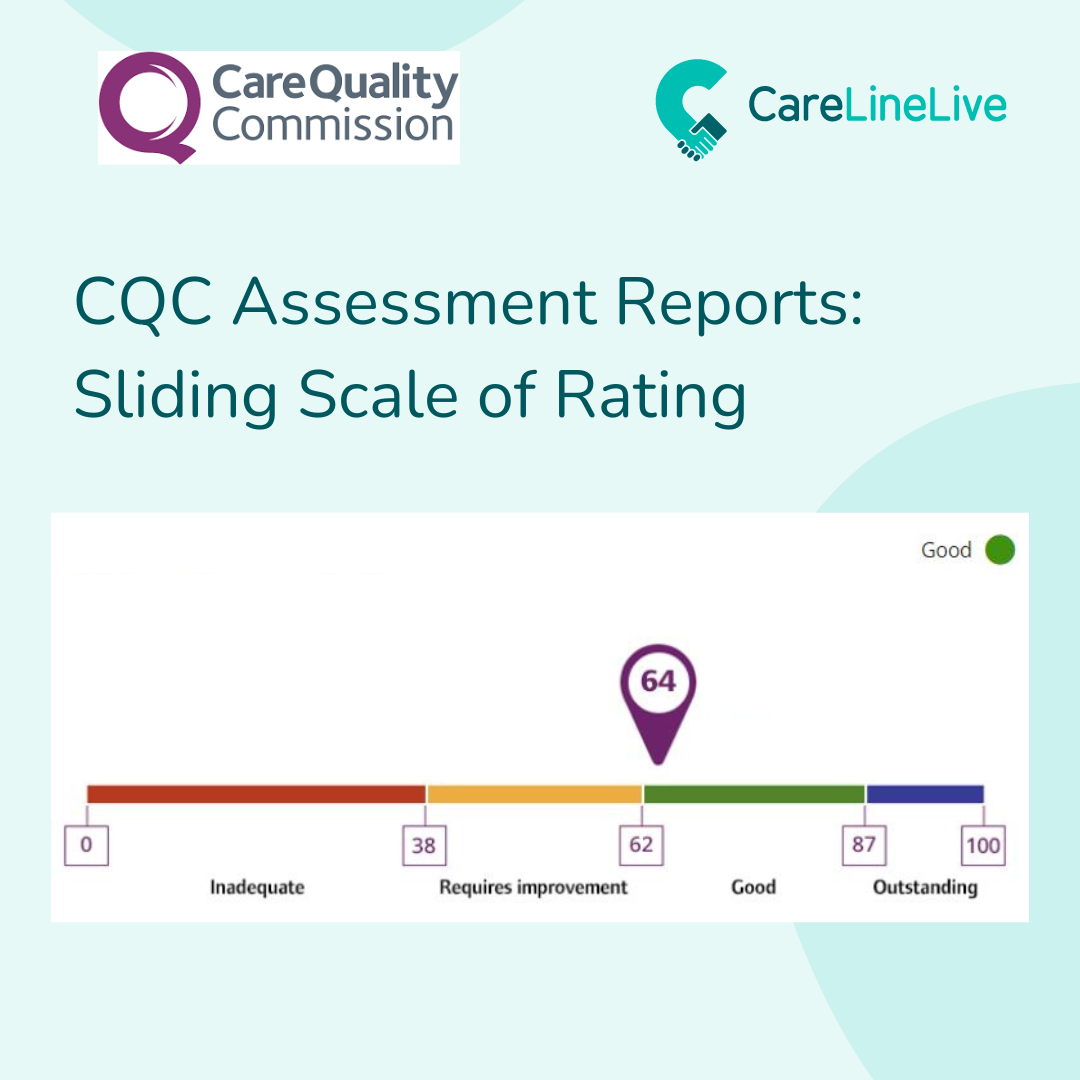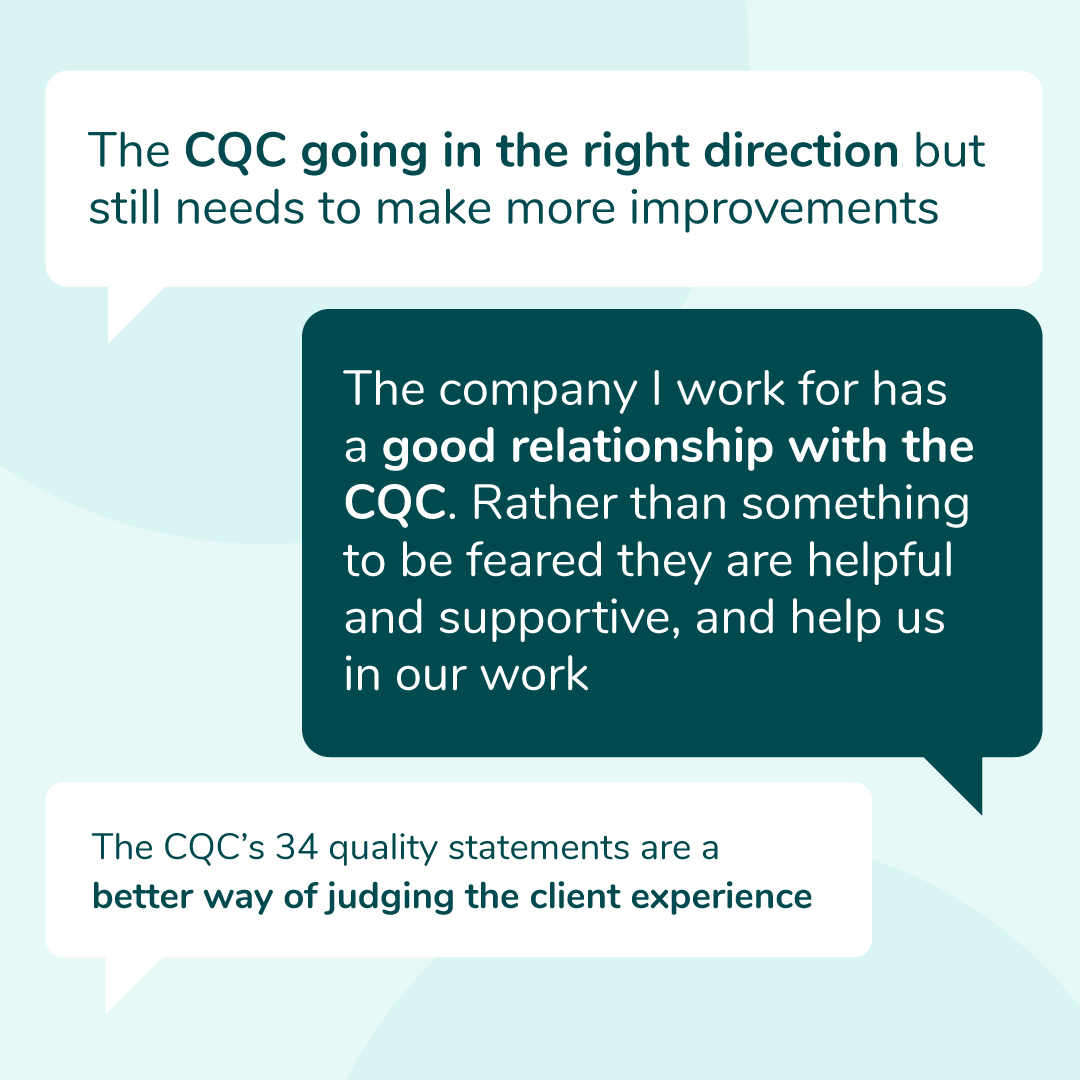In February 2024, the Inspectorate issued a notification to providers, emphasising the importance of conducting self-evaluation as an integral part of their quality assurance practices. The Inspectorate actively promotes the completion of core assurance self-evaluation by all services, along with the development of a service improvement plan.
The Care Inspectorate Scotland is now initiating the self-evaluation of core assurances, which are well-known to services and easily measurable and verifiable. This initial phase will lay the groundwork and steer future actions to assist services in adopting this approach. The traditional self-assessment method often failed to accurately reflect inspectors’ assessments and did not result in improvements. The Inspectorate recognises the importance of fostering reliable relationships that facilitate effective self-evaluation and appropriate inspection procedures.
Testing phase
The upcoming testing phase will specifically target adult services. Certain services will receive directives from the Inspectorate to submit their core assurance self-evaluation and improvement plan, commencing in July 2024.
To prepare for the testing phase commencing in July 2024, the Inspectorate have organised learning events to assist providers in completing the core assurance self-evaluation and improvement plan. Providers will be informed about event schedules through regular communication channels, including provider updates and social media platforms.
Self-evaluation
Self-evaluation plays a crucial role not just in business operations and growth, but also within the realm of health or social care services. It is indispensable for pinpointing strengths, weaknesses and areas that need improvement to ensure the safety of individuals while fostering health, well-being and independence. By identifying areas of concern, self-evaluation empowers service providers to implement necessary changes to excel in delivering care and support. Explore the pivotal significance of self-evaluation in meeting regulatory standards and delivering exceptional home care in CareLineLive’s blog post here.
Core assurances
The core assurances have been developed in-part around the Hull Early Indicators of Concern (see page 5,) which serve as crucial focal points for inspectors during inspections. These indicators also guide providers in identifying the key areas essential for the well-being and safety of individuals.
The Inspectorate aims to empower services by encouraging them to take ownership of evaluating their own services. This initiative builds upon existing quality assurance and self-evaluation practices that service providers are currently involved in. Moreover, fundamental assurances can be readily quantified, allowing inspectors to set a foundation for self-assessment within services.
Establishing a baseline
Establishing a solid foundational baseline in services enables inspectors to collaborate effectively with providers. This fosters mutual understanding regarding the service’s performance, areas of success and opportunities for enhancement. Self-evaluation tools, along with improvement plan templates, can be accessed on the Inspectorate website.
There are self-evaluation resources available to support each sector:
Self-evaluation guide and tools
Quality frameworks for care services
Helpful webinars are available to provide guidance, including insights from the webinar on self-evaluation in adult services.
CareLineLive supporting self-evaluation
CareLineLive’s software is tailored for home care providers, offering excellent support for your self-evaluation process. For more information and to schedule a no-obligation demo, please follow this link.



